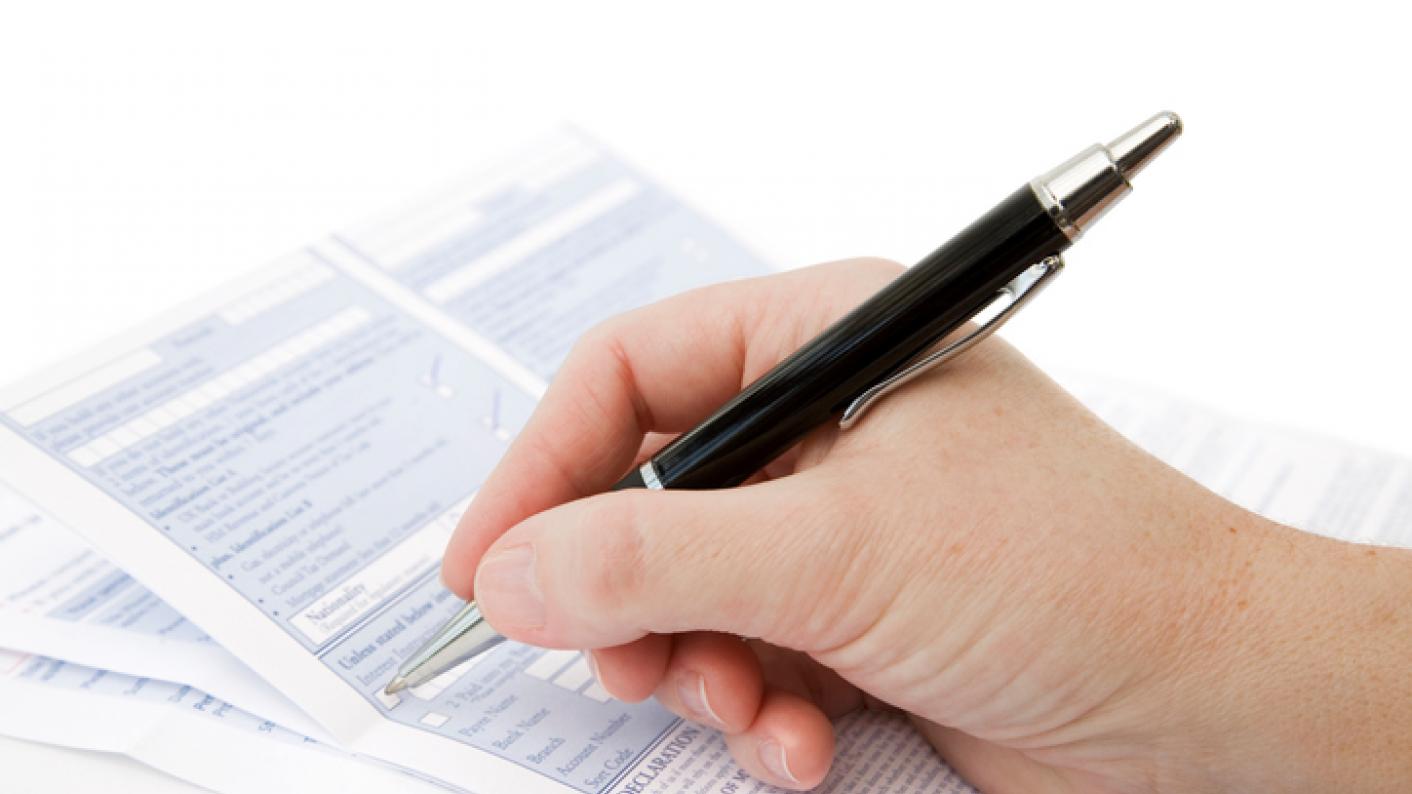How can I gain teacher registration and accreditation?
To be a teacher, you need to register to – or be accredited by – a teacher registration board. This is not a unified procedure nationally but is divided on a state/territory basis. Teacher registration can be complex and varies, sometimes greatly, depending on what jurisdiction you’re teaching in. On top of this, the teacher accreditation criteria are not the same in every part of the country. For example, this what you need to become a teacher in Western Australia:
- Be an Australian or New Zealand citizen or have a working visa.
- Have an accredited teaching qualification. For new teachers, this is a four-year tertiary qualification with a minimum of one year specialising in education.
- Be registered with the state through the Teacher Registration Board of Western Australia (TRBWA).
- Have a criminal record check within the past 12 months and a working with children card.
For more information, see the teacher registration boards:
- ACT Teacher Quality Institute (TQI)
- NSW Education Standards Authority
- Teacher Registration Board of the Northern Territory
- Queensland College of Teachers (QCT)
- Tasmanian Teachers Registration Board
- Victoria Institute of Teaching (VIT)
- Teacher Registration Board of WA (TRBWA)
How much does teacher registration cost?
Each state and territory will have different fees for registering to teach. The initial fee to register will be the highest, followed by an annual fee which you must pay in order to maintain your registration with that board. For example in Queensland, the application fee for new teacher registration is $156.55, unless you have not gained a teaching qualification in the state in the past two years, in which case it’s $269.15. The annual fee to maintain your registration is $93.40. Paying this fee after it is due will incur an additional late fee of $31.80. Paying the annual fee is important, as failure to pay may result in your removal from the register and therefore you will not be eligible to teach in any school in the state.
What else do I need to become a registered teacher?
A working with children check
To become a teacher you will have to complete background checks, such as a police check or working with children check, which looks at your criminal record and any misconduct involving children. In some jurisdictions, such as Victoria, these checks will be included in your teacher registration. However, in other states like New South Wales, you will need to apply for the check yourself.
Working across states/territories
The mutual recognition principle allows you to use your registration in one jurisdiction to apply for registration in another state/territory or New Zealand. However, New South Wales is not part of this system, so to teach there you will need reregister there.
Accreditation
Once you’ve become qualified, you will begin as a provisionally registered teacher before you can become a registered teacher. If you’ve taken a break from teaching for five years or more, you’ll need to register as a provisionally registered teacher. All overseas teachers must also register as a provisional teacher.
There are four professional career stages for a teacher: graduate, proficient, highly accomplished and lead. To make the transition from provisionally registered to registered, you will be required to prove you meet the Australian Professional Standards for Teachers (APST) highlighted by the Australian Institute for Teaching and School Leadership (AITSL).
These standards are:
- Know learners and how they learn.
- Know the content and how to teach it.
- Plan for and implement effective teaching and learning.
- Create and maintain supportive and safe learning environments.
- Assess, provide feedback and report on learning.
- Engage in professional learning.
- Engage professionally with colleagues, parents/carers and community.
You can learn more about the standards here: https://www.aitsl.edu.au/teach/standards
To graduate teachers this may seem like a daunting project, but don’t worry – there is help at hand. You will have support from a mentor who will guide you through the process.
